ENDROLL is an EP that weaves together a landscape of multi-instrument improvisations. The genesis of this album began with the question of whether all music needs a beginning, and instead, to hypothesize on whether music could still retain intention when drawn from a place of “finality.”
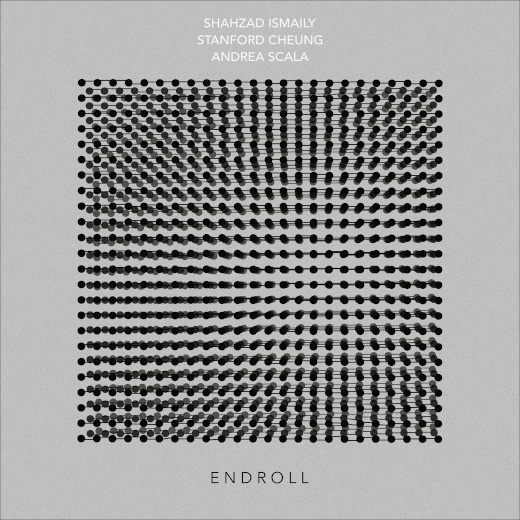
Intended to facilitate cogitation and reflection
This is what three musicians sought to explore: coaxing an entire album’s worth of maximalist pieces out of a small handful of instruments, and crafting experimental, yet emotional inner worlds with just a few repetitive melodies. ENDROLL is an EP that weaves together a landscape of multi-instrument improvisations. The genesis of this album began with the question of whether all music needs a beginning, and instead, to hypothesize on whether music could still retain intention when drawn from a place of “finality.”
Do imaginary worlds exist beyond the threshold of “finality,” and could improvisation serve as the catharsis towards a newly imagined genre that embodies “finality” as the vessel for creation?
All music has a beginning and an ending. Shahzad Ismaily, Andrea Scala, and Stanford Cheung present a mystical experience, intended to facilitate cogitation and reflection, using synthesizer, piano, percussions as well as electronics. The sound is a mix of jazz, experimental and electronic, improvisation, visual art, and foley. For ENDROLL, Shahzad Ismaily (synthesizer, electronics),Stanford Cheung (piano, synthesizer), and Andrea Scala (percussions, electronics, keyboard.)
Shahzad Ismaily was born to Pakistani immigrant parents and grew up in a wholly bicultural household. While he holds a masters degree in biochemistry from Arizona State University, he is a largely self-taught composer and musician, having mastered the electric and double bass, guitar, banjo, accordion, flute, drums, various percussion instruments and various analog synthesizers and drum machines.
Dr. Stanford Cheung is a Yamaha Artist who has gained a distinct presence as a Canadian concert pianist working in the fields of classical piano, contemporary, electronic, and experimental improvised music. From performing piano concertos with world-renowned orchestras, curating electroacoustic sound-architecture for art installations, to facilitating impact-focused initiatives across creative organizations and collectives, Stanford maintains a versatile career across the United States, Canada, the United Kingdom, and Europe, and Asia.
Born in Italy and based in Toronto, Andrea Scala is a drummer, artist and composer. He showed a natural inclination towards percussive instruments and creative arts since he was a kid. Andrea started from a teen age to work as a live and studio session drummer with various bands and songwriters, gathering several collaborations with established musicians in the field of rock and progressive music. While continuing his musical studies, he toured with pop, alternative, folk and world-music bands. In his career, his fellow colleagues have recognized him as a very versatile drummer and musician.
In my opinion, the title of the first track sure is dark, promising to be a rendition of a fatal medical event. “When we Flatline and Soar” (5:36) brings a spooky interesting sound collage with piano and hand percussion, I imagine some medical instrument sounds dramatically illustrating the alarms in the mix, they have a removed urgency. There are plenty of electronics but mostly ghostly piano with wandering mystery and flotation spices, always exploring the undulating afterlife sounds.
The haunting amazing piano ::
With a slow awakening and metal tapping, “Old Friends” (5:44) very mysterious low volume clues in the void, some percussion sliding metal objects and the haunting amazing piano, I think I hear voices in the chaos, perhaps the intercom on the ward, floating off. Soon the choppers come over the canopy and bear down, the cymbals are soon going wild while the piano wanders about with a dreamy slow melody, there could be some more odd voices from other places.
There is a piano floating into a slow shadow in the shade, then slowing down in an abstract way, even further. I hear a purring monster by the piano and there is an interesting discussion between the piano, the brass percussion, and the monster. In a slow delicate way, each has a lot to convey. “Cold Summer at Last” (4:39) so now I will try to describe the electronic sounds you might hear, slow buzzes and robots talking to each other, escalating into a shoot-em up when they get increasingly busy and then it is over. The fantastic ghostly piano coasts deeper in, “Slowly we Rest” (6:06) of course starts slow. It sounds to me like the room is really big, echoey and darker in some places. Soon the ghost of an oboe joins the keyboard and the background funerial hum, everything is dark and in slow motion, developing a new cast of characters in the electronic conversation, ringing metal bowls and cymbals, all are free form, floating and sending signals. A message in the wilderness, restful attenuation that seems sparse and spooky in places, carefully pushing out a melodic signal.
Like a careful spider making a living, “Outro” (2:48) brings everything we have just experienced into a curious whole, with perfect combinations of wordless explanations and melodic fragments, keyboard improvisation and lots of electronics. I am remembering feelings from the tracks just experienced, without any voices there is a narrative quality to the electronica, perfect combinations of wordless explanations and melodic fragments telling a story. In other worlds, all music possesses “finality.” Wait, is that the sound of a ray gun? Overall, I had not a scary sounding experience but an ear that is full and rich with darkness.
ENDROLL is available on Aural Shapes. [Bandcamp]






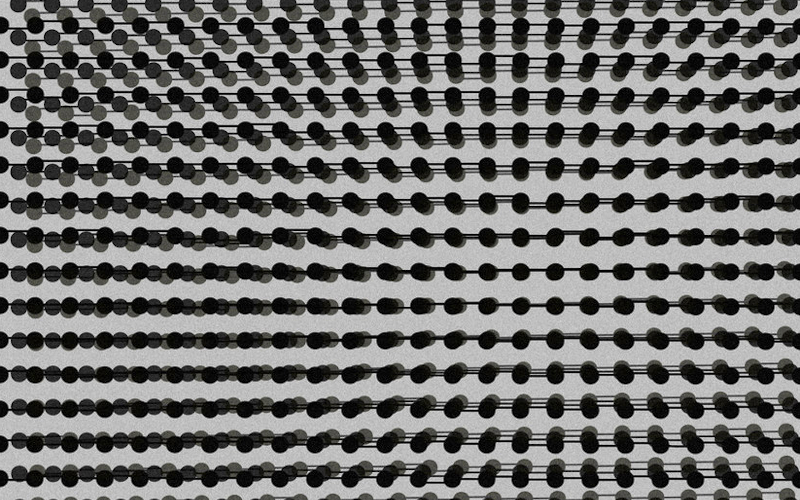
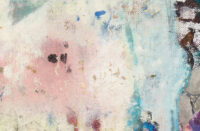
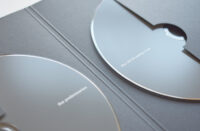
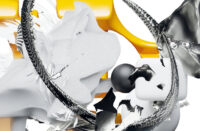

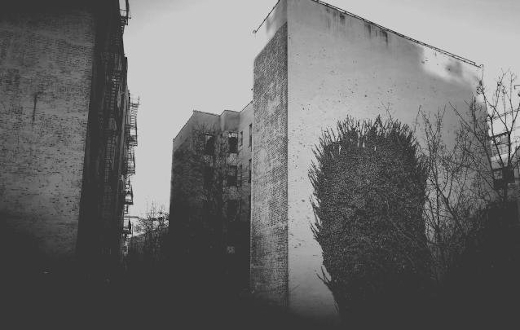

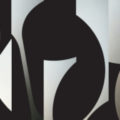
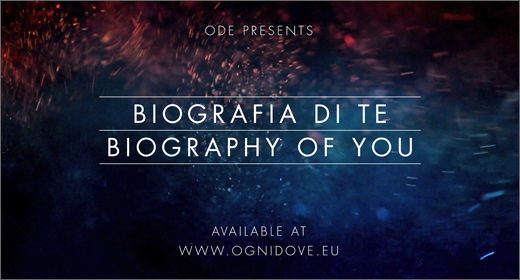
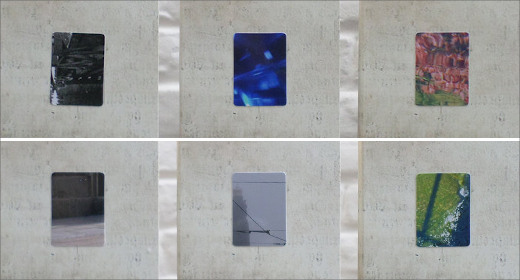

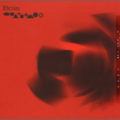
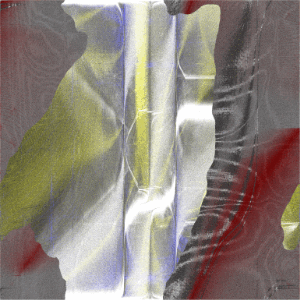

![Pole :: Tempus Remixes (Mute) — [concise]](https://igloomag.com/wp/wp-content/uploads/2025/04/pole-tempus-remixes_feat-75x75.jpg)






![Hasbeen :: Bunker Symphonies II (Clean Error) — [concise]](https://igloomag.com/wp/wp-content/uploads/2025/04/hasbeen-bunker-symphonies-ii_feat-75x75.jpg)
